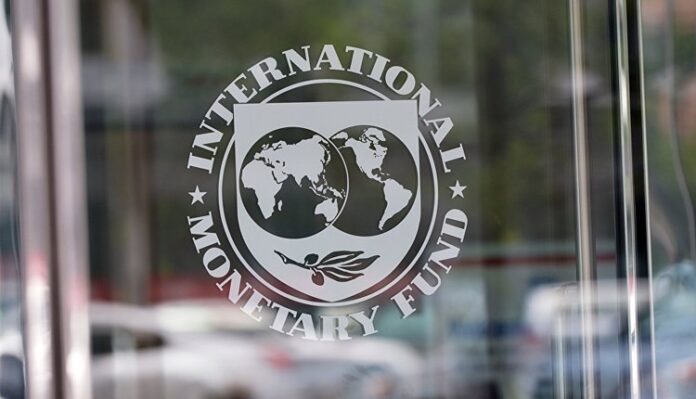The International Monetary Fund (IMF) has raised Nigeria’s 2022 economic growth forecast from the 2.7 per cent it had previously estimated, to 3.4 per cent.
Additionally, the fund reviewed upward the country’s 2023 growth prediction, from 2.7 per cent to 3.1 per cent.
These were contained in the IMF’s latest World Economic Outlook (WEO), titled: “War Sets Back the Global Recovery,” that was released on the side-lines of the ongoing IMF/World Bank hybrid spring meetings in Washington DC.
The multilateral institution noted that the non-oil sector played a pivotal role in increasing Nigeria’s growth prospect, noting that globally only 86 per cent of countries saw a downward revision of its growth projection. It indicated that Nigeria was amongst 14 per cent of countries that had been estimated to record growth.
On Nigeria’s growth forecasts, Division Chief Research Department, Mr. Malhar Nabar, said during a media briefing.
He said, “The heterogeneity is a key factor, if you look at the global revisions that we have 86 per cent of the global economy revising down and Nigeria is one of the few that’s actually revised up and there are two main factors: one is what you mentioned, the increased oil price, which represents a favourable terms of trade effect for Nigeria, will increase oil production and oil exports.
“And then the second factor is the strong momentum that we saw in the non-oil sector part of the economy.
“The non-oil sector of the economy is also showing strong momentum going into this year, which helped lift the outcome, growth forecasts that we have for Nigeria to 3.4 per cent for this year, and 3.1 per cent for next year, and that’s 0.7 percentage point increase for this year and 0.4percentage point increase your next.”
IMF Chief Economist, Mr. Pierre-Olivier Gourinchas, also noted that oil price increase played a role in the upward review.
Gourinchas said, “Nigeria is an energy producer and exporter. And I think that explains a good part of the upward revision in our growth projections.”




